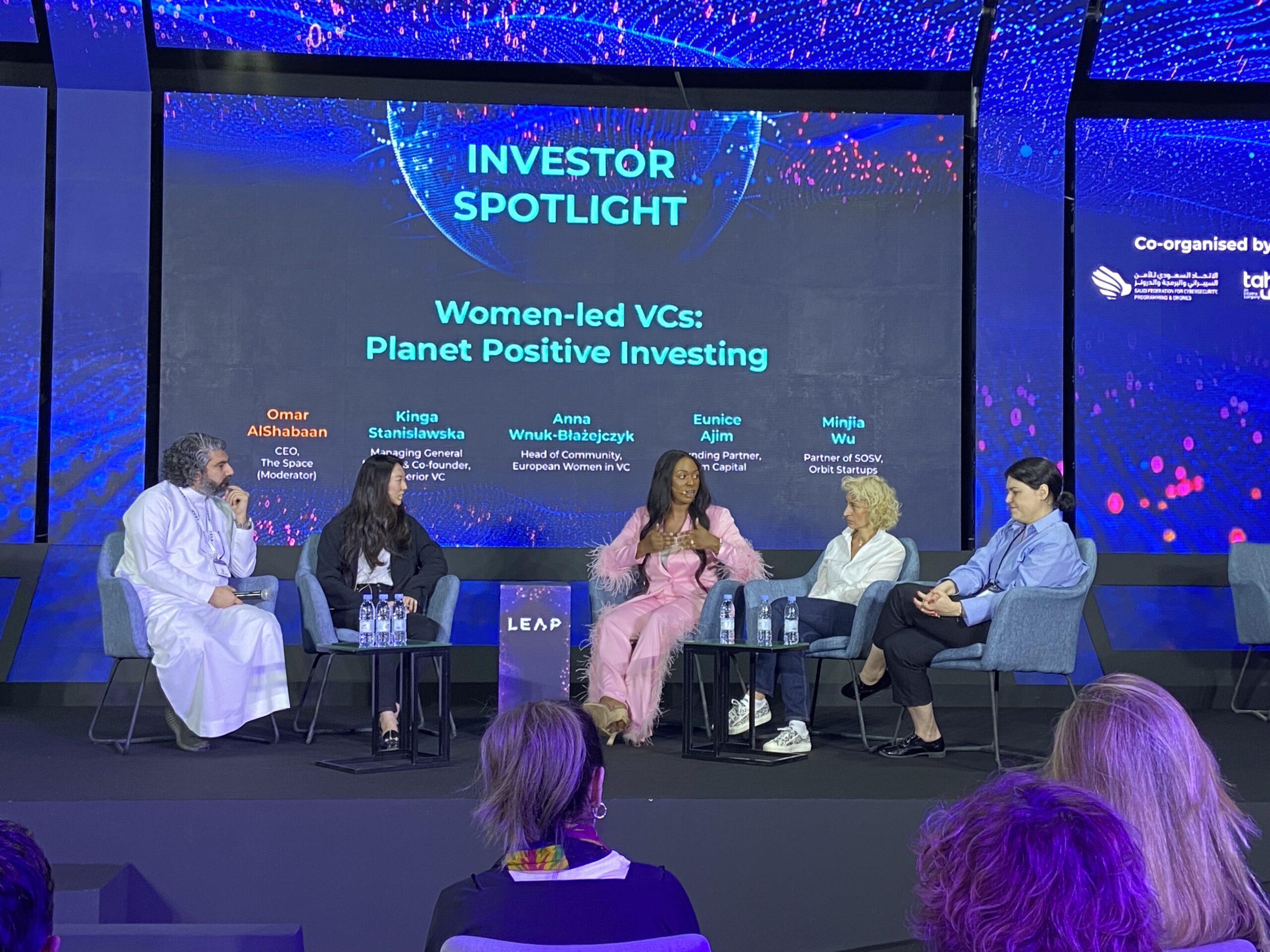Discover the truth behind common misconceptions about investing in Africa. From economic development and political stability to skilled labor and infrastructure, explore the immense potential and diverse opportunities available across the continent.

Investing in Africa has often been shrouded in misconceptions and stereotypes that hinder potential opportunities for growth. However, it’s time to dispel these myths and explore the real potential that Africa offers to investors worldwide. From its fast-growing economies and technological advancements to its diverse consumer markets, Africa is a continent ripe with investment prospects. In this blog post, we debunk ten prevailing myths about investing in Africa, shedding light on the truth and untapped potential that lies within.
Myth 1: Africa is underdeveloped.
Contrary to popular belief, Africa is experiencing remarkable economic growth. With some of the fastest-growing economies globally, the continent is attracting increased attention from investors. Urbanization rates are on the rise, and technology is revolutionizing various sectors, fostering innovation and entrepreneurship. Additionally, the projected growth of intra-African trade indicates a vibrant and interconnected marketplace.
Myth 2: Political instability is rampant in Africa.
While pockets of instability exist, it is essential to recognize that many African countries enjoy political stability. Two-thirds of African nations are democratic, and peaceful transfers of power have become increasingly common. The continent has witnessed positive strides towards good governance and political reforms, creating a favorable environment for investment.
Myth 3: Africa is a country.
Africa is a vast and diverse continent comprised of 54 unique countries, each with its own economic landscape, cultural richness, and languages. It is crucial to acknowledge the distinct opportunities and challenges present in each country when considering investments.
Myth 4: Africa is only suitable for natural resources.
While Africa is indeed blessed with abundant natural resources, its potential extends far beyond that. The rising middle class and increasing consumer demand present opportunities in sectors such as services, manufacturing, and technology. By diversifying investment strategies, investors can tap into the continent’s dynamic and evolving markets.
Myth 5: Africa is too risky to invest in.
Risk exists in every market, but Africa has made significant progress in mitigating investment risks. Economic reforms, improved regulatory frameworks, and regional integration policies by the African Union have enhanced the continent’s investment climate. Savvy investors understand the importance of risk assessment and risk management strategies tailored to the specific African market they wish to enter.
Myth 6: Corruption is rampant in Africa.
While corruption does exist, it is not unique to Africa. Many African countries have implemented robust legal frameworks and established anti-corruption agencies to combat this issue. Implementing strong corporate governance and compliance policies can help mitigate corruption risks and ensure ethical business practices.
Myth 7: Africa lacks skilled labor.
Africa boasts a young and growing workforce, offering a valuable asset for investment. Many African countries rank highly on the Human Capital Index, reflecting the potential of their labor force. As Africa moves towards having the largest working-age population globally, investing in skills development and education further enhances the continent’s human capital potential.
Myth 8: Infrastructure in Africa is inadequate.
While infrastructure development remains a priority, significant improvements have been made across Africa. Upgrades to roads, airports, and other critical infrastructure have facilitated transportation and connectivity. Moreover, innovative solutions like mobile money, mini-grids, and ride-sharing platforms have emerged, addressing specific infrastructure challenges and creating opportunities for investment.
Myth 9: Africa only receives aid.
While aid has historically played a role in Africa’s development, the landscape has evolved significantly. Private investment and trade are increasing, signaling a shift towards sustainable business models. Africa’s potential as an investment destination has gained recognition, attracting investors who recognize the continent’s potential for profitability and long-term growth.
Myth 10: Africa is not for everyone.
Investing in Africa is not a one-size-fits-all approach. It requires careful consideration of investment objectives, risk tolerance, and market-specific dynamics. While it may not be suitable for every investor, diversifying investment portfolios to include African markets can bring unique opportunities and potential higher returns.
It’s time to debunk the myths surrounding investing in Africa and embrace the continent’s immense potential. Africa is home to some of the world’s fastest-growing economies, vibrant consumer markets, and innovative startups. Political stability, improved infrastructure, and a young, skilled workforce contribute to a favorable investment climate. By understanding the realities and opportunities available in each African country, investors can tap into a diverse range of sectors and contribute to Africa’s sustainable economic development. Investing in Africa can be a rewarding journey for those who are willing to explore and seize the untapped potential of this dynamic continent.
Remember, when considering investments in Africa or any other region, it’s important to conduct thorough research, seek professional advice, and tailor your strategies to the specific market conditions and opportunities you encounter.
If you’re interested in investing in world-class African tech startups, consider investing with us at Ajim Capital.com
Invest in Africa, unlock growth, and be part of a transformative story that is shaping the future of the continent.





Hi, this is a comment.
To get started with moderating, editing, and deleting comments, please visit the Comments screen in the dashboard.
Commenter avatars come from Gravatar.